No cash on hand to leave as a tip for a housekeeper during your next hotel stay? No problem.
One major hotel company rolled out a mobile tipping platform this month to keep things cashless, and there are signs more could be in the works.
However, there are some doubts in the industry as to how much housekeepers will make off the more tech-savvy offering compared to just leaving a few dollars on the bureau on your way out of the room.
Sign up for our daily newsletter
Wyndham’s new mobile tipping offering for participating U.S. and Canadian hotels means guests can scan a QR code to tip a team member. The service, developed by cashless tipping platform Bené, accepts multiple forms of payment like credit cards, Apple Pay and Google Pay.
It’s also a major optics win for Wyndham, as it becomes one of the first major hotel companies to offer something like this.
Rolling out an initiative encouraging guests to tip housekeepers might raise some eyebrows, as it wasn’t that long ago when Marriott and Maria Shriver faced backlash about their campaign encouraging hotel guests to tip their housekeepers. (People wondered why the multibillion-dollar hotel conglomerate doesn’t just pay its workers a living wage in the first place.)
Wyndham’s new mobile tipping platform grew as a result of outreach to hotel owners and housekeepers during the pandemic regarding ways to improve the work experience.
“Because some of the housekeepers left during the pandemic, and they went to non-hospitality jobs, we formed a group with those housekeepers where we laid out quite literally 82 different things that we could do for them on property,” Scott Strickland, Wyndham’s chief information officer, said in an interview with TPG. “This was one of the top ones prioritized.”
The mobile tipping feature is only available at a little more than 20 hotels currently, but Strickland told TPG Wyndham is targeting several hundred hotels to offer the function by year’s end.
The service makes plenty of sense in some regard. In 2021, 82% of Americans used digital payments — including for in-store checkouts on smartphones and payments via QR codes as well as browser-based and in-app purchases — according to consulting firm McKinsey & Company. That’s up from 78% in 2020 and 72% in 2016.
“I give kudos to Wyndham for doing this. We learned in the last two years — and we’re still learning now — if we don’t find technology solutions to some of the traditional people services, we’re in trouble,” Leora Lanz, assistant dean of academic affairs at Boston University’s School of Hospitality Administration, said. “If there’s any little way that we can help show employees satisfaction and gratitude … If this is another tool to be able to help that happen, it’s a win-win.”
Hospitality’s tech boom
Hotels relied more on tech features during the pandemic to help provide guests with contactless options during a stay. This meant mobile check-in and check-out via a hotel company’s app became more of the norm, and digital room keys replaced the need for plastic key cards.
“If you remember, mobile key check-in was initially reserved only for frequent travelers. Now, if you don’t offer it to everybody, you’re not competitive,” LW Hospitality Advisors CEO Daniel Lesser said. “Ultimately, all this stuff becomes standard.”
TPG reached out to major hotel companies including Marriott, Accor and Hilton to see if anything similar was in the works. Hilton appeared to be the furthest along in offering something akin to Wyndham.
“We continue to evaluate ways to support both our guests and team members as more stays become completely cashless and provide the right services to meet changing needs,” a Hilton spokesperson said in a statement to TPG. “We continue to test various app-based solutions in select hotels to assess how to most effectively address the opportunity.”
With the mobile tipping options, hotels have to consider tax issues and make sure tips are getting into the right hands. Wyndham says tips will either be deposited directly to a team member’s bank account daily or distributed along with their regular paychecks.
Taxes will automatically be taken out if a hotel owner decides to distribute tips with normal paychecks; taxes won’t be withheld if distributed daily. Instead, a team member would receive a tax form for that extra income at the end of the year to file themselves.
Tip your housekeepers
While mobile tipping might seem like a no-brainer in some regards, there are also questions about how many people will utilize the service.
QR codes might be the norm these days, but for hotel guests, the codes are still an extra platform to juggle. Guests might instead prefer something more uniform like integration directly into the Wyndham app.
A 2019 analysis of Uber’s tip function, which rolled out two years earlier, showed nearly 60% of riders never tipped, the National Bureau of Economic Research found from the data of more than 40 million trips.
“That notion of being ashamed for not tipping kind of goes away when you can tip on your mobile device,” Nicolas Graf, associate dean at New York University’s Jonathan M. Tisch Center of Hospitality, said. “You have that kind of social pressure in having to tip in the real world as opposed to tipping digitally on your mobile device, where they don’t necessarily see it.”
Wyndham’s Strickland, however, cited a Bené statistic that noted people are five times more likely to tip if they have a mobile platform to do so.
The company has already made adjustments to the feature, including adding a team member photo next to each staff member’s corresponding QR code. Guests were more likely to tip when there was a photo of the person who would be receiving the gratuity.
Additionally, the company sees the QR offering as the easiest way to get tips to the team members. This is because not every Wyndham hotel guest has the Wyndham app downloaded on their phones, but QR codes are widely prevalent today.
It’s not the first major shift on the tipping front in hospitality. Danny Meyer’s Union Square Hospitality Group — the parent company of restaurants like New York City’s Union Square Café and Gramercy Tavern — eliminated tipping in 2015.
Instead, the company chose to raise prices in a “hospitality included” policy amid criticism that tipping led to unequal pay. The no-tipping policy boosted hourly wages, but USHG reversed course in 2020 as restaurants began reopening after pandemic shutdowns.
This served as a reminder that, while tipping might garner debate, it very much remains a vital source of income across the sector.
“That would be a major change and a major shift in the industry, and I don’t know how unions would respond to that. I don’t know how employees would respond to that,” Graf said of rolling out a no-tipping policy at hotels in favor of boosted wages. “It’s a very, very tricky question.”
FEATURED PHOTO BY GETTY IMAGES.


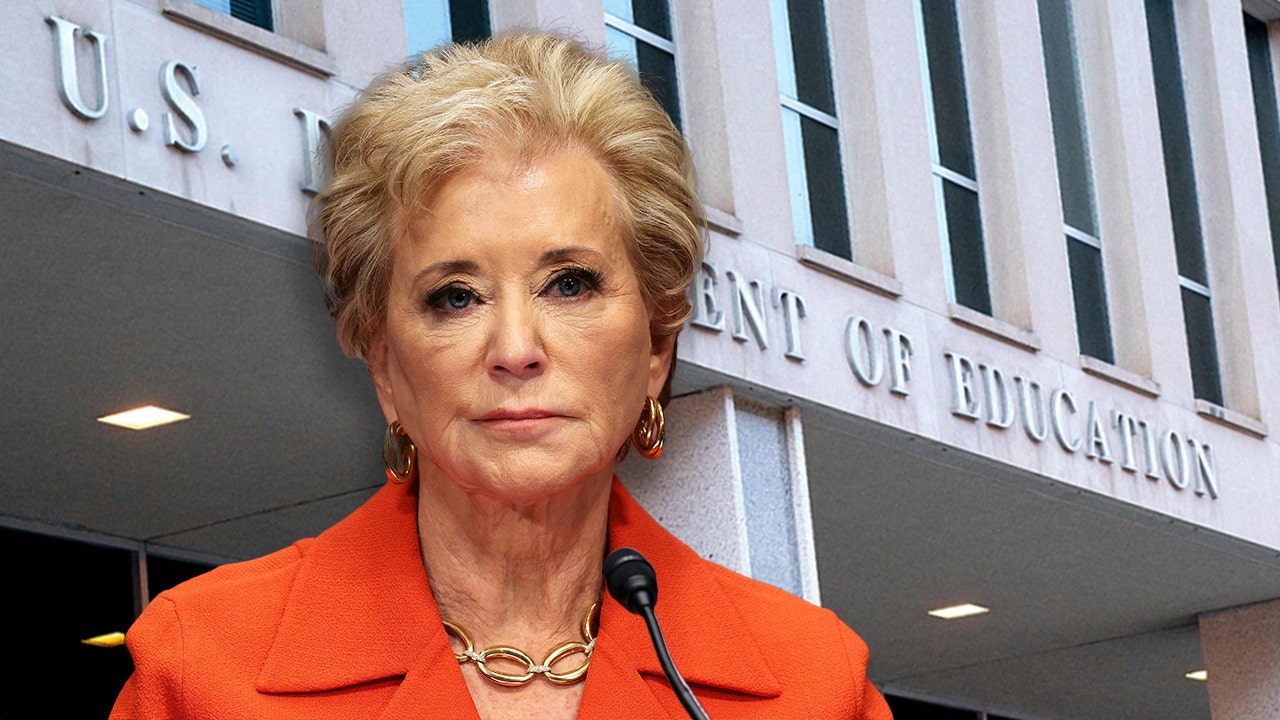


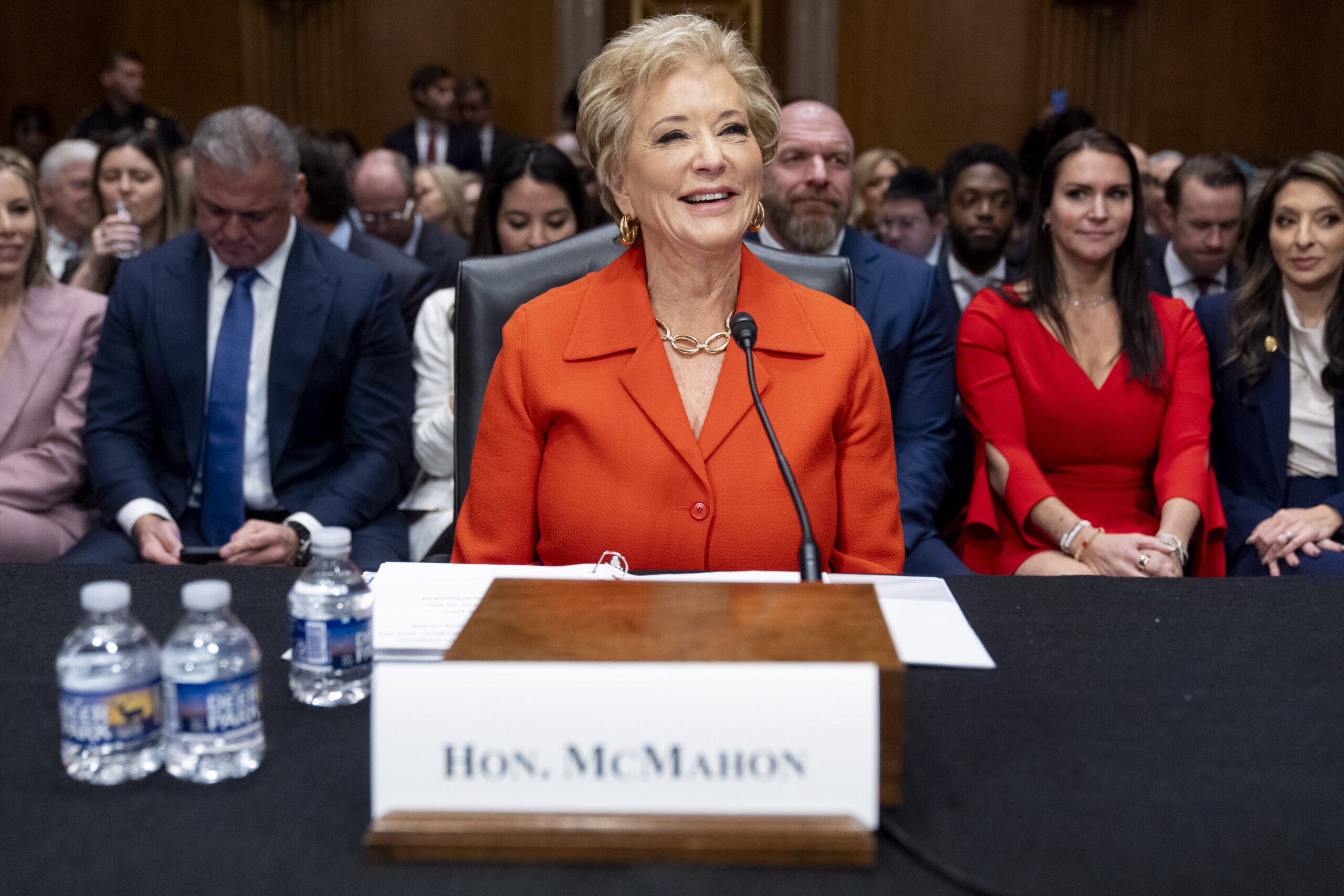


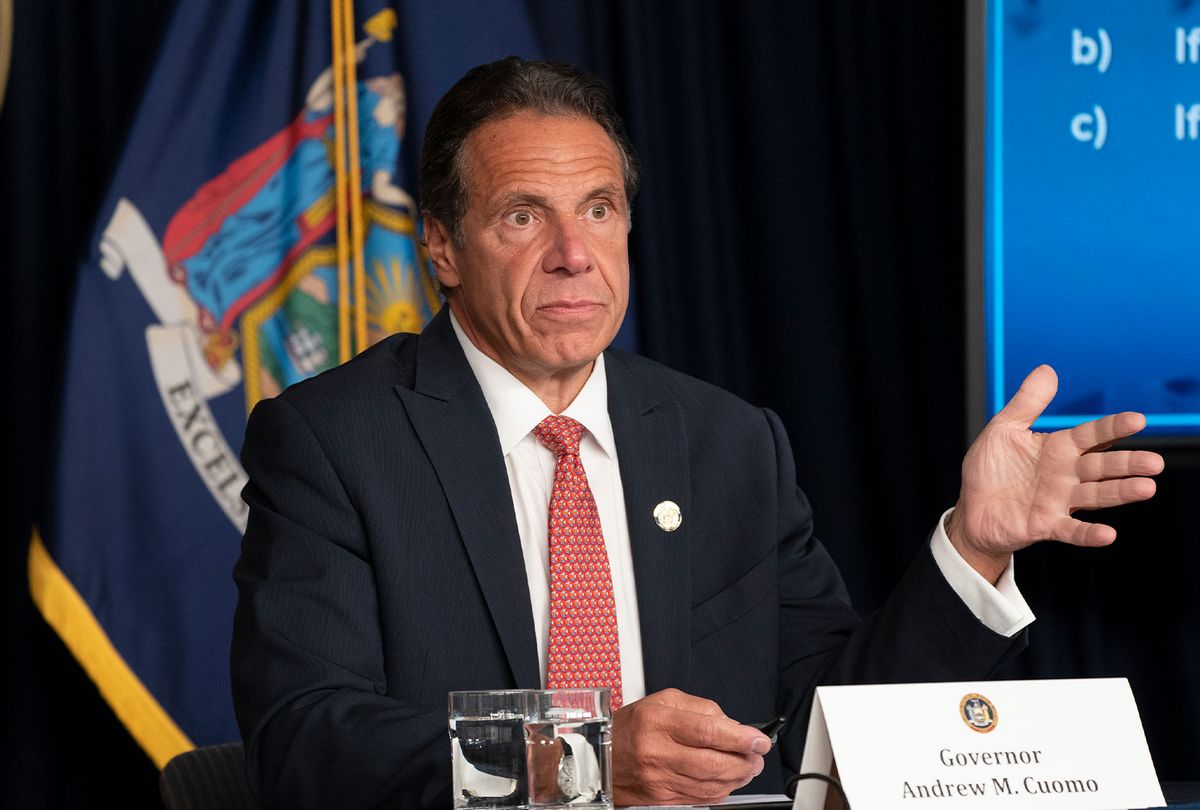

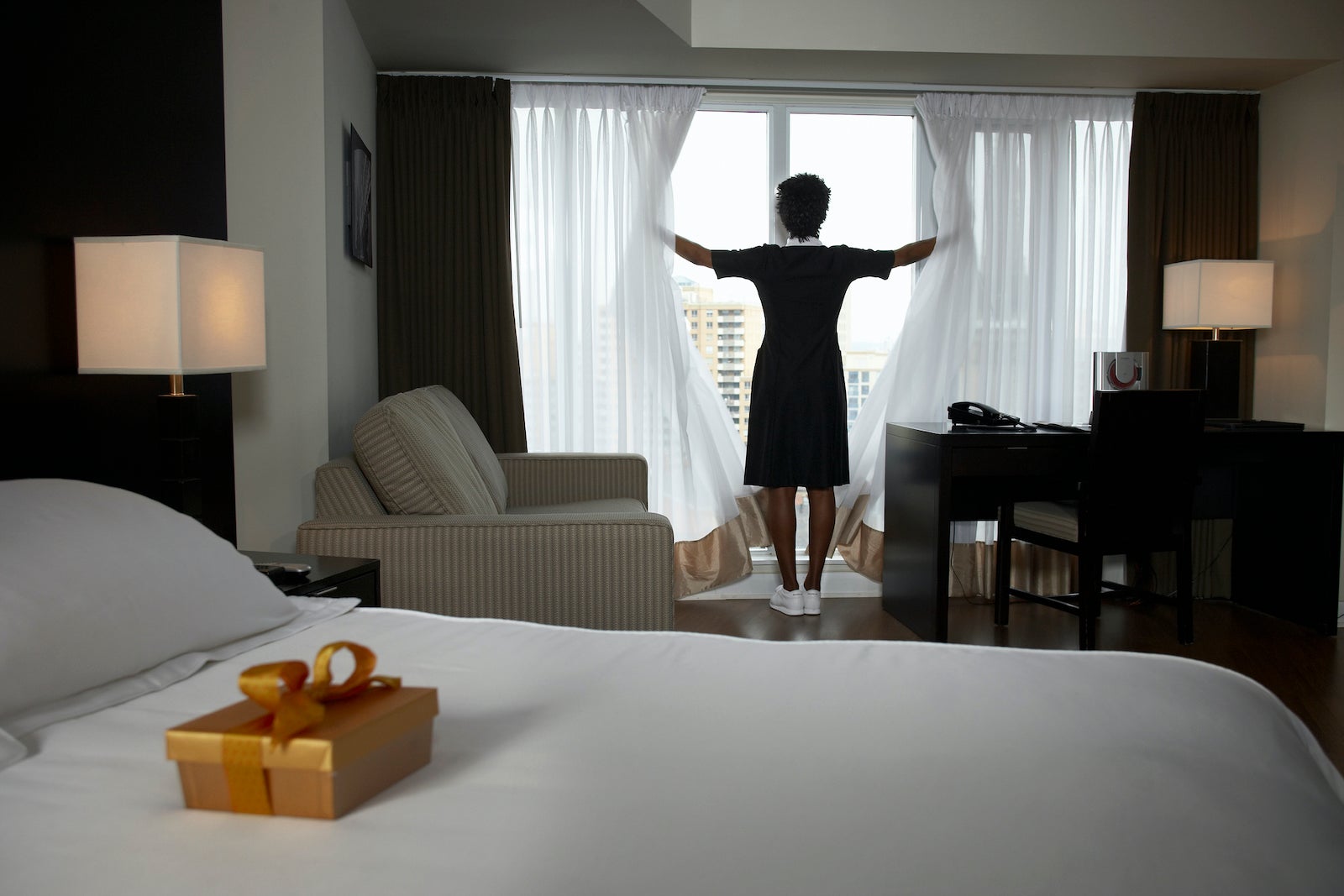





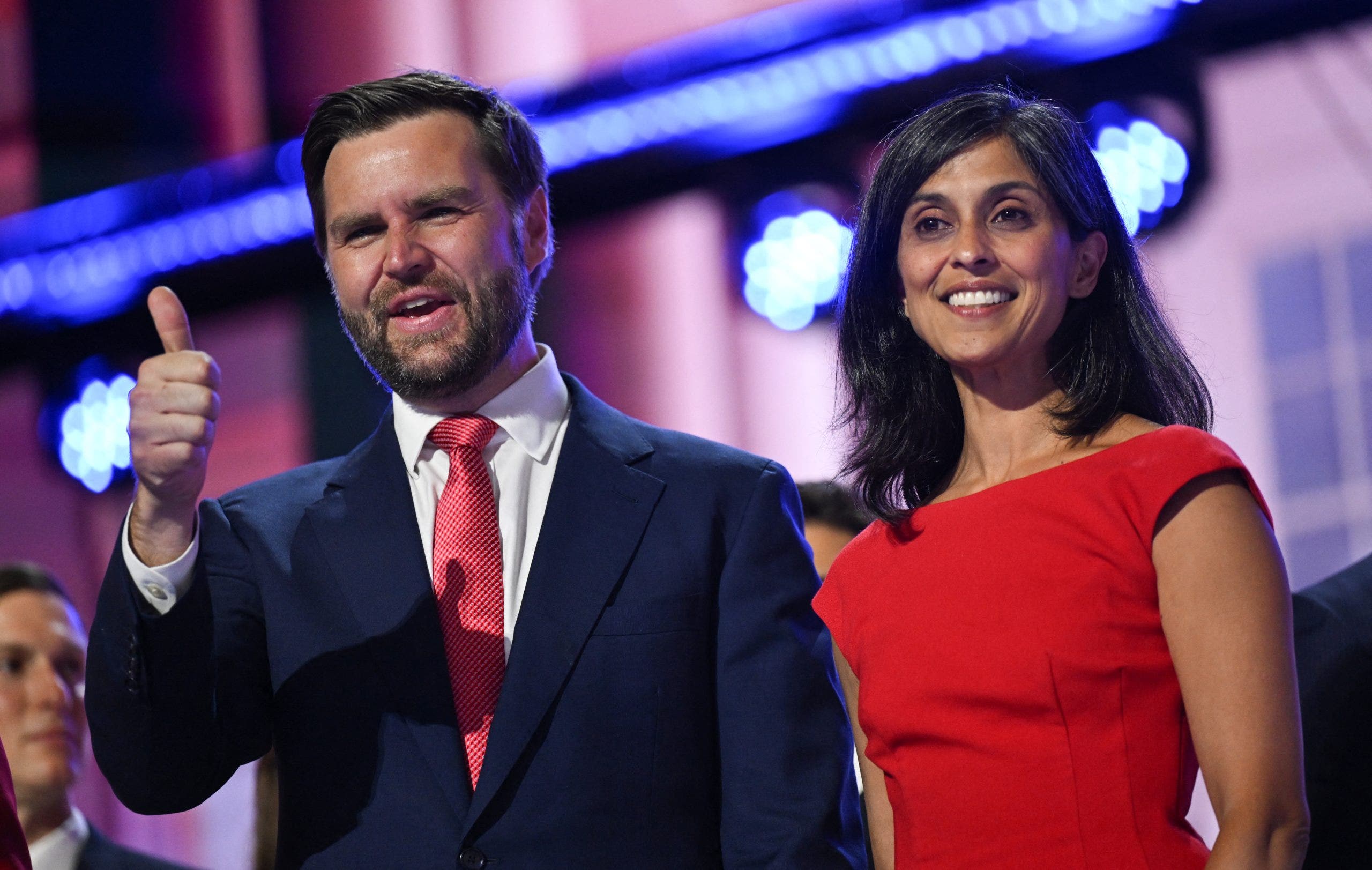

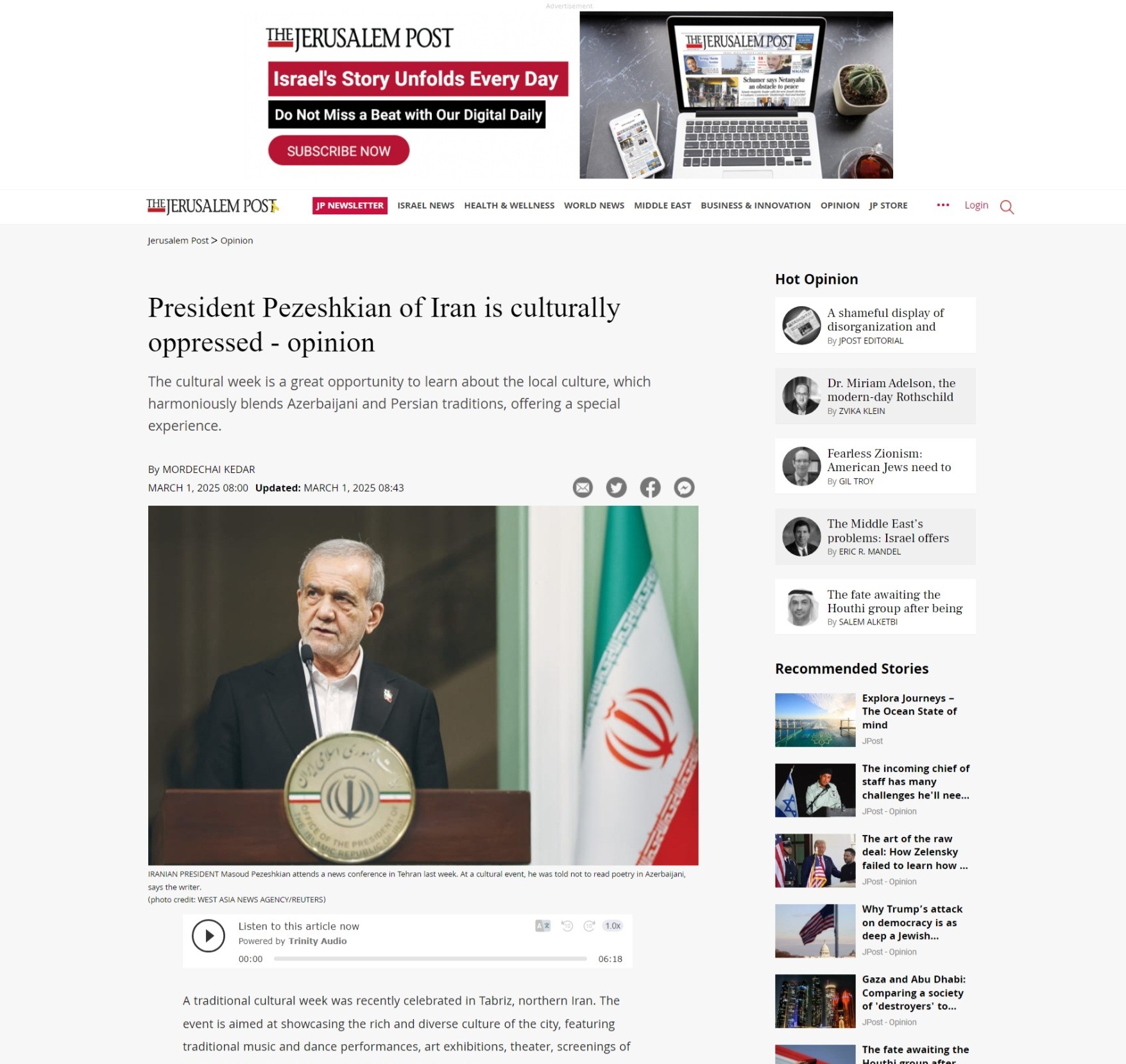


Discussion about this post